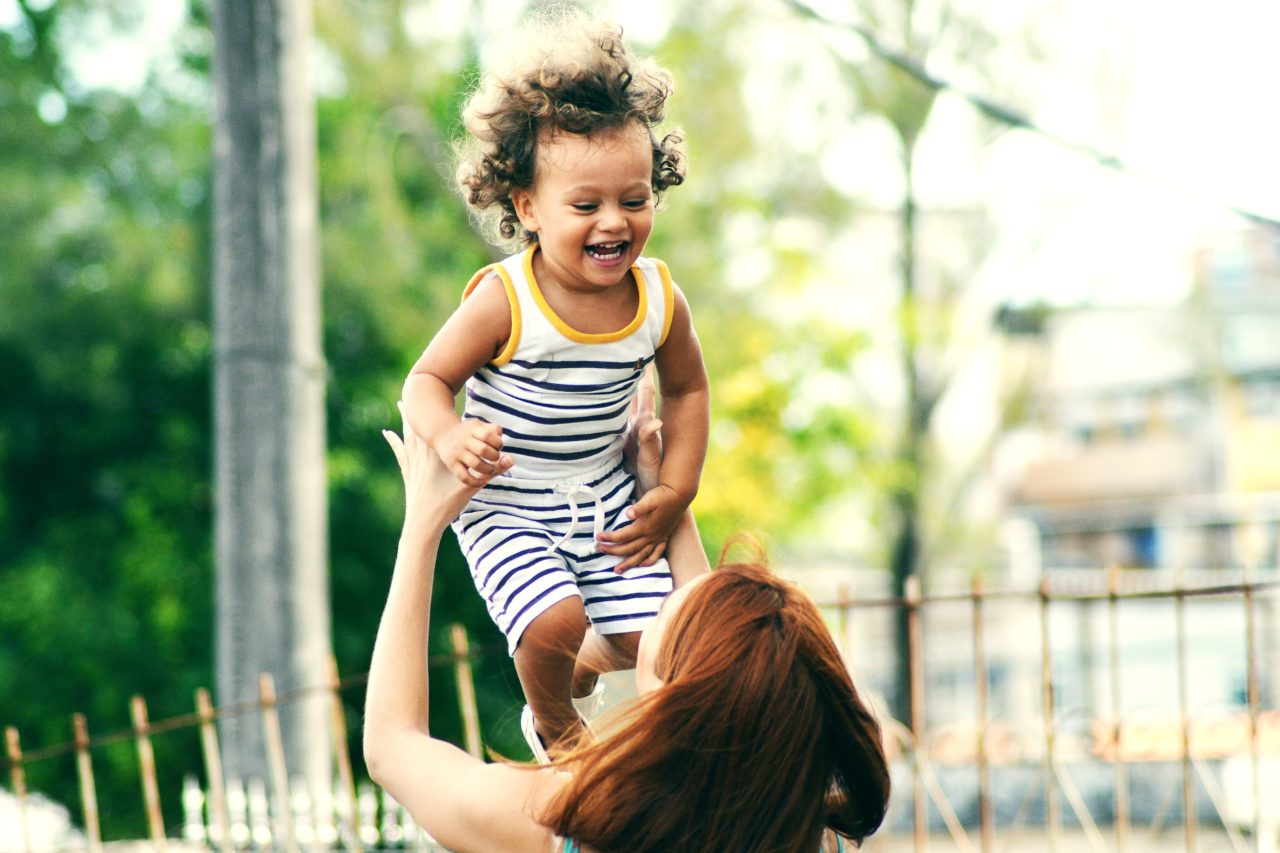Good-enough can be better than Perfect, by Louise Tantum
I write this with great admiration for parents who are looking after children at home during this coronavirus pandemic.
If this was required of me, I expect it would be chaos as I attempted to juggle jobs, while they lounged around in pyjamas, searching for sweet snacks and bickering over who had taken the batteries out of the remote control.
Meanwhile, my self –critical mind would imagine the rest of Britain’s children were dressed, had eaten a healthy breakfast, cheerfully cleaned up their plates, completed at least two curriculum subjects and were about to start their daily workout with Joe Wickes. No doubt this image would be confirmed by social media pictures.
It is for this reason that I am drawn to the work of the paediatrician and psychoanalyst called Donald Winnicott (1896-1971). His work continues to be important to counsellors and psychotherapists today. Winnicott spoke about the importance of being a GOOD ENOUGH parent. The good news is that he believed that a good enough parent is BETTER than a perfect parent.
What is a good enough parent?
For Winnicott, a good–enough parent loves their child and provides their child with food and a safe home. They encourage their child to be inquisitive in the world around them and take an interest in their child’s growth and development.
However, a good–enough parent is not perfect. They are not permanently hurtling along at the command of their children in a frantic cycle of schoolwork and activities. In fact, throughout observation of thousands of babies and children, Winnicott recognised that children benefit when parents fail to be the perfect parent they hoped to be. (Excluding major failures such as child abuse or neglect).
Winnicott believed it is impossible for a parent to be perfect but the best a parent can be is enough for their child.
Building Resilience
Winnicott noticed that when parents fail children in small ways, they help their child to build resilience.
Resilience is built in children when they have to work out things for themselves and often grows during more challenging family times. Within the sibling bust ups and disorder that can be part of life, children have an opportunity to experience and respond to the world for themselves and it gives them an opportunity to respond creatively. They discover that it is alright to be annoyed, or sad, or disappointed. They learn that life is not perfect, it can be painful and frustrating but they can get through it and find resolutions.
For Example:-
Sibling Arguments. Children are learning boundaries of a safe conflict. They are learning how to reach resolutions. They are learning that relationships can be repaired after they have been ruptured.
Boredom/ Non-Activity. It has been discovered that non– activity is as good for brains as high activity. During a non– activity such as day dreaming, the brain is processing important information that has already been learnt.
Boredom is important for children to discover activities to occupy themselves. It is an opportunity for them to develop their own interests without relying on other people to entertain them.
Parent too Busy to Help. Children learn that they have resources within themselves to solve problems and work things out. They learn to recognise that other people have needs that are important. They develop respect for the work other people do. They may respond creatively by finding ways to ease the burden of another.
Not Doing School Work. (Within age appropriateness) Children find their own ways of meeting a deadline. Some respond under pressure others need safety of time. These are good life skills to work out.
Too much Television or Screen Time. We all have bad days, don’t beat yourself up, worse things happen. Children learn that they sometimes don’t make good choices. They learn to take responsibility. They may notice the effect too much screen time has on their body and mind.
Just as a good enough parent is not perfect, children who are developing in a healthy way will not be perfect either. Instead they are embracing the world and developing their responses that include anger, disappointment, reparation and eventually independence and gratitude.
Good luck to all you amazing Good- Enough Parents.
To sign up to our regular Parenting in a Pandemic newsletters click here.

